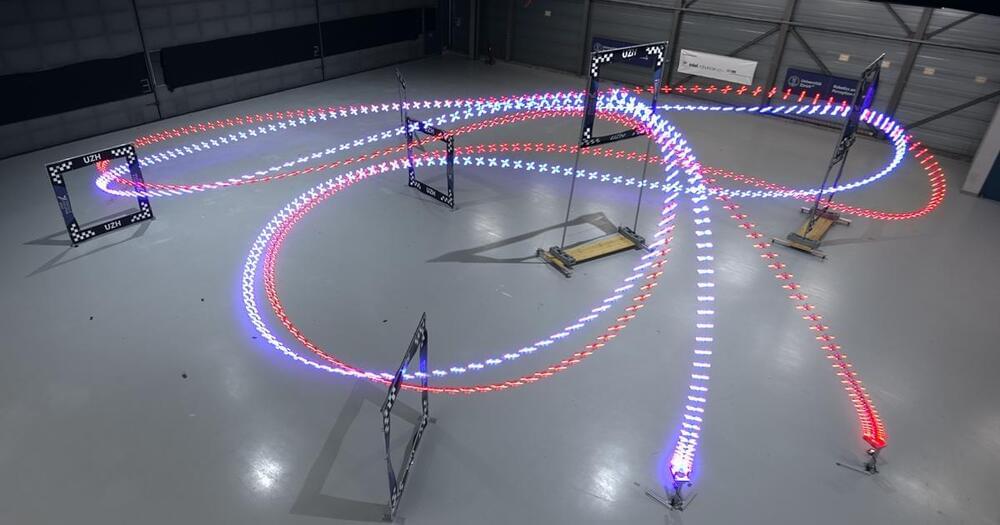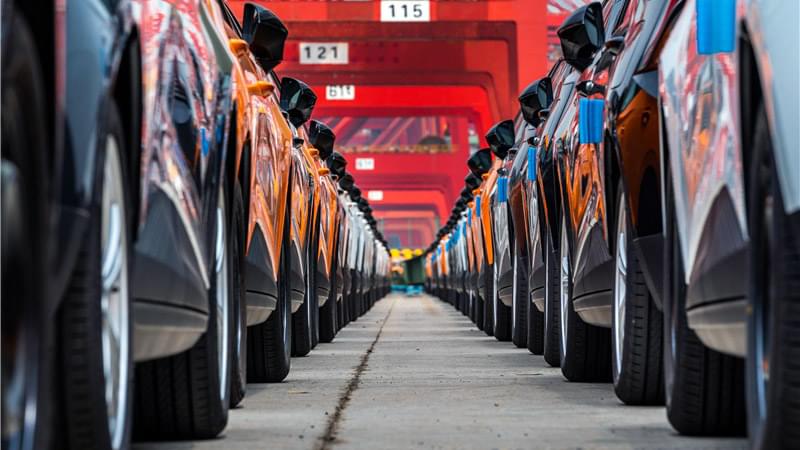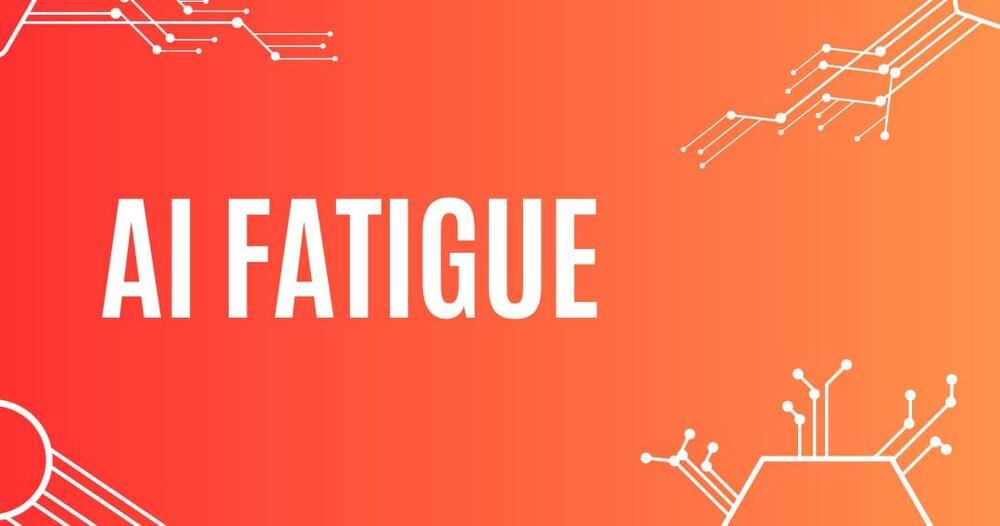Sep 2, 2023
Elon Musk’s X tells users that it could use their posts to train AI models
Posted by Dan Kummer in categories: Elon Musk, policy, robotics/AI, transportation
X’s new privacy policy, which is due to come into effect on September 29, states that the company “may use the information we collect and publicly available information to help train our machine learning or artificial intelligence models for the purposes outlined in this policy.” This policy is not included in its previous terms, which are still posted online.
Musk responded to a post about this change on X, saying that it would only use publicly available information to train the AI and would not use “DMs or anything private.”
During a live audio session on X – formerly Twitter – in July, Elon Musk said that his AI startup, xAI, would use public data from his social media platform to train its AI models. Insider reached out to X for comment but didn’t immediately hear back. It is not clear how it will use the information from X and which AI models this relates to.

















